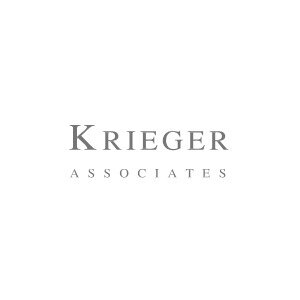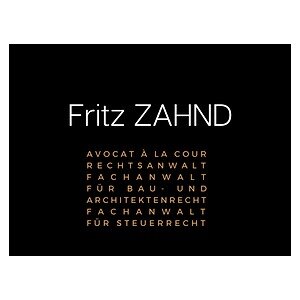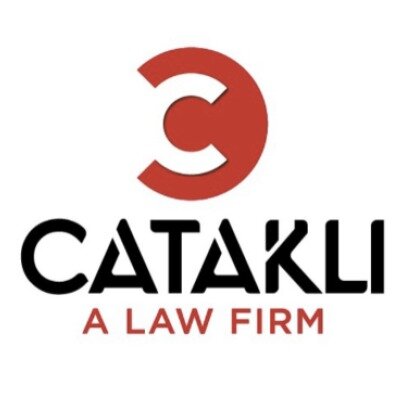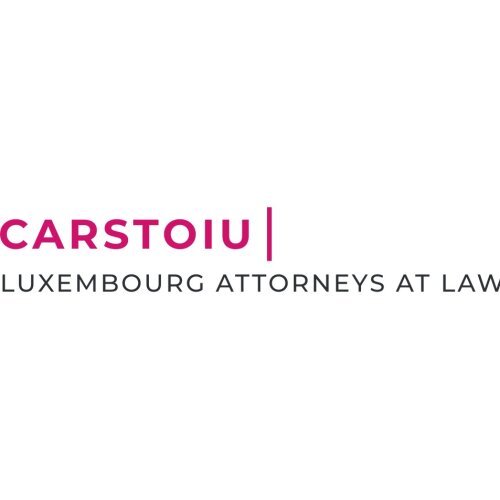Best Conveyancing Lawyers in Luxembourg
Share your needs with us, get contacted by law firms.
Free. Takes 2 min.
Free Guide to Hiring a Real Estate Lawyer
List of the best lawyers in Luxembourg, Luxembourg
About Conveyancing Law in Luxembourg, Luxembourg
Conveyancing in Luxembourg, Luxembourg refers to the legal process of transferring ownership of real estate from one party to another. This area of law is regulated by both national civil law and specific local procedures. The process involves several key stages, including negotiating the sale agreement, conducting property checks, drafting notarial deeds, arranging property financing, and completing the official transfer with the Luxembourg Land Registry. Unlike some countries, all property transfers in Luxembourg must be finalized by a notary, who acts as a public officer ensuring the legality and security of the transaction.
Why You May Need a Lawyer
Seeking legal assistance during a conveyancing process is common for both buyers and sellers due to the complexity and high value involved in property transactions. A lawyer or legal specialist can help with:
- Drafting and reviewing sale agreements to ensure your interests are protected
- Conducting due diligence on the property, including title searches and verifying any existing mortgages or liens
- Advising on tax implications and ensuring compliance with Luxembourg’s property laws
- Assisting with negotiations between buyer and seller, or resolving disputes
- Guiding non-residents or foreign buyers through local regulations and language barriers
Legal expertise is particularly valuable when special circumstances arise, such as transactions involving inheritance, divorce, or commercial properties.
Local Laws Overview
Conveyancing in Luxembourg is governed primarily by the Luxembourg Civil Code and must be conducted in accordance with strict protocols. Key aspects include:
- All real estate transactions must be executed by a Luxembourg notary, as only notarial deeds are recognized by the Land Registry
- Contracts for property sales are binding once signed, though a preliminary agreement (“compromis de vente”) is often drafted before the final deed
- Due diligence is mandatory prior to signing - this includes checking for property encumbrances, verifying compliance with urban planning rules, and ensuring clear title
- Tax must be paid at the transfer, including registration fees, notary fees, and possible capital gains tax if the seller profits from the sale
- Foreigners can generally buy property in Luxembourg without restriction, but additional documentation may be required
- Mortgage registration and cancellation are handled by the notary as part of the official process
Strict adherence to procedures is essential, as failure to comply can result in delays, legal disputes, or even nullification of the transaction.
Frequently Asked Questions
What is the role of the notary in Luxembourg conveyancing?
The notary is a public official responsible for drafting, authenticating, and registering the property transfer deed. They ensure all legal requirements are met, funds are exchanged safely, and the new ownership is correctly recorded.
Do I need to hire a lawyer if I already have a notary?
While not required, hiring a lawyer is recommended. The notary is impartial and does not represent either party - a lawyer ensures your individual interests are protected and can handle negotiations or address disputes.
What documents are needed when buying or selling property?
Common documents include identification, evidence of title, property plans, mortgage information, energy performance certificate, and sometimes compliance certificates from local authorities. Your notary or lawyer will provide a full list based on your case.
Can foreigners buy property in Luxembourg?
Yes, there are generally no restrictions on foreigners purchasing property in Luxembourg, though proof of identity and source of funds must be provided and extra diligence may be required for non-residents.
What taxes and fees apply to property transfers?
Buyers typically pay a registration duty (7 percent) plus a transcription tax (1 percent) on the property value, as well as notary fees. Additional costs may include mortgage arrangement fees and administrative charges.
How is the purchase process structured?
The process often begins with a preliminary sales agreement, followed by notarial due diligence, preparation of the deed, payment and transfer, and final registration in the Land Registry.
How long does a standard conveyancing process take?
On average, the conveyancing process in Luxembourg may take from two to three months, depending on the complexity of the transaction and the efficiency of communication between involved parties.
What if there are outstanding debts or disputes related to the property?
All liens, mortgages, and disputes must be resolved or settled as part of the transfer process. The notary conducts checks to ensure the property is free of legal impediments before registration.
Is it possible to withdraw from a property sale after signing?
Once the notarial deed is signed, the sale is legally binding. Withdrawals before this stage may be possible but could incur penalties or forfeiture of deposits, depending on contractual terms.
What legal protections exist for buyers?
Buyers in Luxembourg benefit from mandatory due diligence by the notary, strict formalities, and transparency requirements, helping to ensure that purchases are safe and free from hidden issues.
Additional Resources
For further information and support on conveyancing in Luxembourg, the following resources can be especially helpful:
- Chambre des Notaires du Grand-Duché de Luxembourg: The professional body of notaries, which provides information, search tools, and official guidance on property transfers.
- Luxembourg Land Registry (Administration du Cadastre et de la Topographie): Responsible for property records, maps, and official registrations.
- Luxembourg Ministry of Justice: Offers legal advice services and guides on property law in Luxembourg.
- Statec: The national statistics office provides market information and real estate price indexes.
- Chamber of Commerce Luxembourg: Provides support to commercial property buyers and businesses investing in Luxembourg.
Next Steps
If you are considering buying or selling property in Luxembourg, it is advisable to seek legal guidance as early as possible. Here are recommended steps to follow:
- Research and select a qualified notary and, if desired, a lawyer experienced in Luxembourg conveyancing
- Gather all personal and property documentation required for the transaction
- Request a detailed explanation of the timeline, costs, and process from your chosen legal professionals
- Ensure all property checks and due diligence are completed before signing any agreements
- Ask your legal advisor to clarify any terms or procedures you do not understand
- Follow the instructions of your legal team to complete the process correctly and legally
By taking these proactive steps and working closely with legal professionals, you can ensure a secure and smooth conveyancing experience in Luxembourg, Luxembourg.
Lawzana helps you find the best lawyers and law firms in Luxembourg through a curated and pre-screened list of qualified legal professionals. Our platform offers rankings and detailed profiles of attorneys and law firms, allowing you to compare based on practice areas, including Conveyancing, experience, and client feedback.
Each profile includes a description of the firm's areas of practice, client reviews, team members and partners, year of establishment, spoken languages, office locations, contact information, social media presence, and any published articles or resources. Most firms on our platform speak English and are experienced in both local and international legal matters.
Get a quote from top-rated law firms in Luxembourg, Luxembourg — quickly, securely, and without unnecessary hassle.
Disclaimer:
The information provided on this page is for general informational purposes only and does not constitute legal advice. While we strive to ensure the accuracy and relevance of the content, legal information may change over time, and interpretations of the law can vary. You should always consult with a qualified legal professional for advice specific to your situation.
We disclaim all liability for actions taken or not taken based on the content of this page. If you believe any information is incorrect or outdated, please contact us, and we will review and update it where appropriate.














